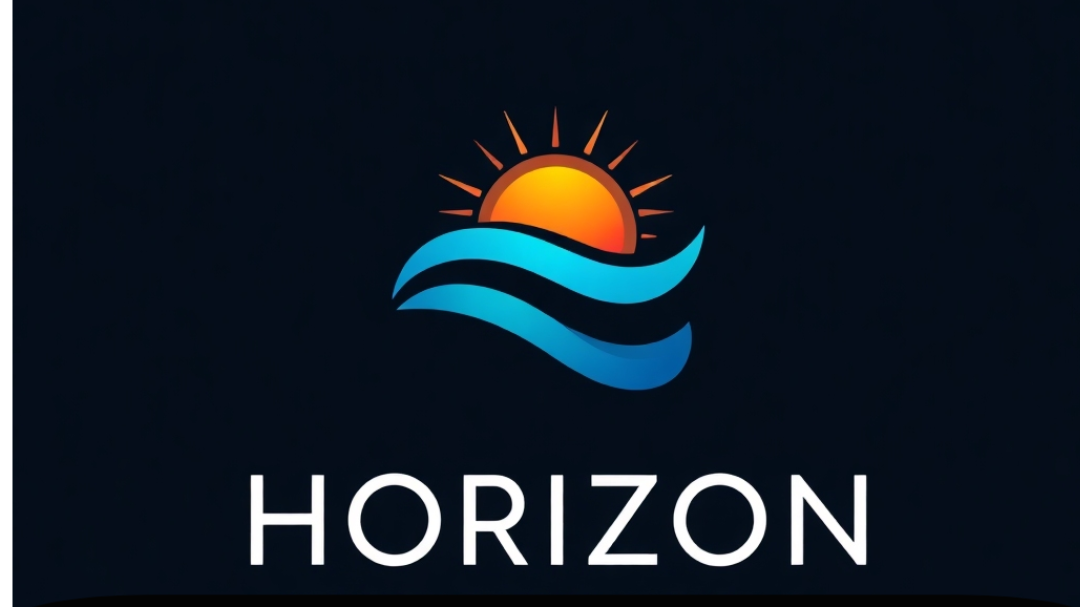
Understanding Jet Ski Fatalities and Legal Responsibilities
On June 29, 2025, tragedy struck at Lake Havasu, where a 17-year-old lost his life while riding a personal watercraft. This heartbreaking incident has prompted critical discussions regarding the legal responsibilities of both watercraft operators and guardians, as well as the implications for families affected by such accidents.
What Legal Duties Do Watercraft Operators and Guardians Have?
Operating or supervising a jet ski demands high levels of responsibility, particularly concerning safety and oversight. The legal framework in California outlines several key responsibilities:
- Duty of Care: All watercraft operators are obligated to adhere to California boating laws. These include maintaining appropriate speed, ensuring control over the watercraft, and remaining vigilant about the surroundings.
- Life Jacket Regulations: Under California law, every boater, including jet ski riders, is required to wear a suitable life jacket. This vital safety measure is designed to reduce fatalities during water accidents.
- Parental Supervision: Minors below 18 years must have a responsible adult supervise them, taking into account their age, skill level, and the type of watercraft used.
- Training and Registration: All jet ski users must ensure their watercraft is registered, and minors are required to undergo safety training and obtain certification.
According to Parham Nikfarjam, Senior Trial Attorney at J&Y Law, "Enjoying a jet ski ride comes with significant legal and ethical obligations." He emphasizes the importance of adhering to basic safety rules, warning that neglect, even in minor details, can lead to devastating outcomes.
Shifting Scales of Liability When Minors Are Involved
Legal liability can alter notably when the victim is a minor. A few critical aspects include:
- Strict Liability: If safety protocols such as life jacket rules or proper supervision were not followed, strict liability can be imposed.
- Parental Accountability: Parents or guardians might also face liability if they failed to monitor their child’s actions or allowed them to engage in risky behavior.
- Punitive Damages: If negligence or reckless behavior is demonstrated, particularly by the operator, punitive damages may be pursued in claims.
Nikfarjam reiterates the pivotal question surrounding negligence: "When a minor dies in a boat accident, it is crucial to determine if a legal duty was breached, potentially making others accountable for the tragedy." This nuance is critical, especially when one considers that even accidents without another vessel can lead to legal ramifications.
Compensation Avenues for Victims’ Families
For families mourning the loss of a loved one due to a watercraft accident, pursuing a wrongful death claim can provide a path toward financial recovery. Families can seek:
- Funeral and Burial Expenses: The immediate financial burden of these costs can be overwhelming.
- Loss of Companionship: Many families may face a significant emotional and financial void due to the absence of a loved one.
- Emotional Distress: The psychological toll on surviving relatives can warrant compensation, reflecting the profound impact of their loss.
- Punitive Damages: If the conduct of the watercraft operator was egregious, additional punitive damages may apply.
Understanding these potential outcomes is vital for families navigating the aftermath of a tragedy. Ignorance of liability and rights can hinder one’s ability to seek justice adequately.
Steps to Take After a Watercraft Fatality
If a family member has tragically lost their life in a watercraft accident, there are crucial steps to consider:
- Document the Incident: Gather as much information as possible, including eyewitness accounts, photographs of the scene, and police reports.
- Consult a Legal Professional: Contacting an experienced personal injury attorney can provide guidance tailored to your circumstances and explain your rights.
- Focus on Healing: Allow time for emotional recovery. Engaging a grief counselor may be beneficial for processing loss.
In the realm of watercraft accidents, neglecting responsibilities can have tragic consequences, highlighting the urgent need for awareness and adherence to safety protocols. Families facing such calamities should not only be informed of their legal rights but should also have avenues available for seeking redress and healing.
Conclusion: Legal Awareness is Key
The legal nuances surrounding personal watercraft incidents reflect deeper responsibilities that every operator and guardian must understand. By being well-informed, families can better navigate the aftermath of accidents and advocate for justice and accountability. If you or someone you know is affected by such a tragedy, don’t hesitate to reach out for legal guidance. Every situation is unique; understanding your rights could make all the difference in your quest for justice.
 Add Row
Add Row  Add
Add 




Write A Comment